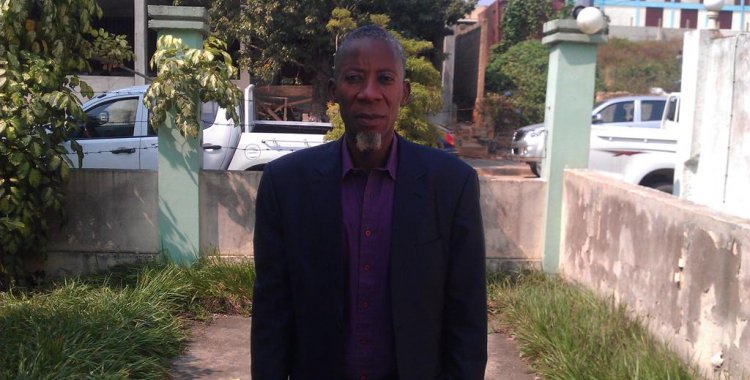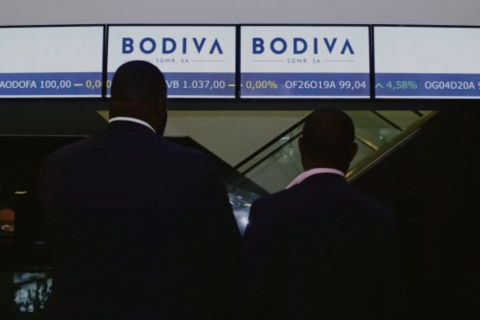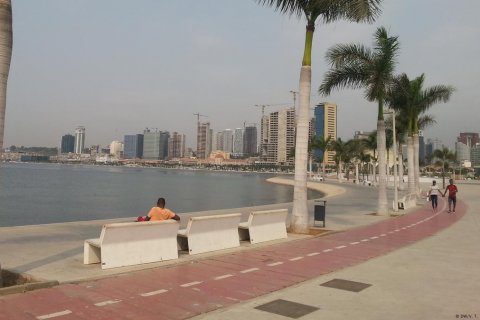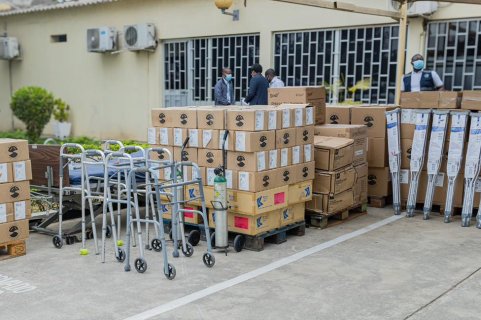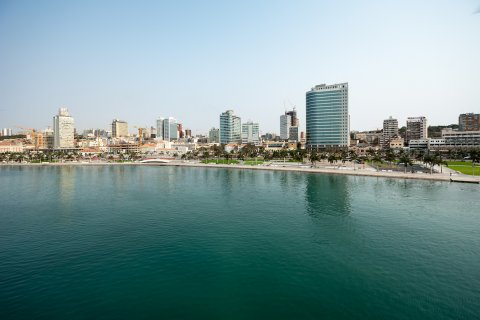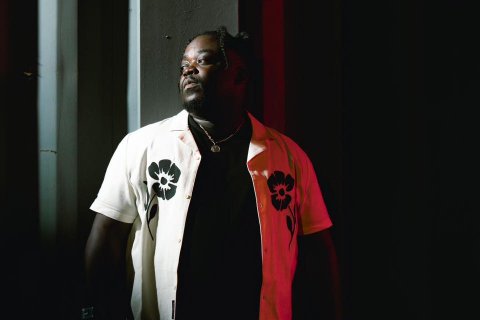Arão Tempo said, in a statement to the Lusa agency, that he visited this Thursday his clients, who have been detained since 28 and 30 June, in the civil prison of Cabinda, accused of rebellion, outrage against the State and criminal association, who reported the "difficult moments" they are going through at this time.
"They are still in detention, I'm getting out of jail now, we talked and they told me that there's a lack of water, they can't bathe, the relatives can't feed their relatives, because even the police can't feed the people, who are going through difficult times", he said.
As for a response from the court to the request to contest administrative acts, which he sent about a month ago, he said that "unfortunately", to date he has not received any statement from the shift judge.
"I don't know why, it's been almost a month without a statement. I go to the court several times to find out about the order, but I have never been informed of anything", he stressed.
According to Aaron Tempo, "this arrest is arbitrary and illegal" because the detainees have not committed any crime.
"Because it is a pamphlet, there has not been any trouble or disturbance of public order, so I believe that it is an exercise of citizenship and human rights and does not constitute any crime," he stressed.
The lawyer stressed that he will wait for more this week and if there is no pronouncement on the application he will move on to the 'habeas corpus' request.
The defence also expressed concern about the overcrowding in jail, pointing out that "there are inmates sleeping in the corridors for lack of space".
"Each cell houses eight or more inmates, having capacity for five, which means there is little space, which is complicated, especially at this time when we have to obey the distance," he said.
For Arão Tempo, without a response to the request, the court "systematically violates the inmate's right, all the more so because in criminal cases there must be speed, because there is the presumption of innocence".
The three activists, who belong to the political organisation Union of Cabindans for Independence (UCI), Maurício Gimbi (president), André Bônzela (vice-president) and João Mampuela (director of the president's office), were arrested on 28 and 30 June.
The arrests took place the day before they were put on the street labels, whose authorship was attributed to the movement created a year ago, with the words: "below the weapons, below the war, Cabinda is not Angola, live the dialogue".
The differences in Cabinda province, an enclave in northern Angola, is led by the so-called independence supporters of the Cabinda State Liberation Front - Armed Forces of Cabinda (FLEC-FAC), an organization that has been fighting for independence in that territory for about 50 years, from which much of Angola's oil is extracted.
At the basis of the challenge is what they call the "Angolan military invasion, after the signing, in 1975, of the Alvor Agreement", a document with which they consider that "the Portuguese political authorities, without any consultation with the Cabindese, handed them over to the Angolans".
FLEC-FAC recalls that on 1 February 1885 the Treaty of Simulambuco was signed, making that enclave a "Portuguese protectorate", which is the basis of the fight for the territory's independence.

